The German pharmaceutical association vfa has updated its ranking of the best locations for industry-sponsored clinical trials. In Europe, Spain retained its top position in 2024, followed by Australia, Germany, the UK, and France.
ADVERTISEMENT
Radiopharmaceuticals specialist RadioMedix Inc has secured five-year Thorium-228 supply from Van Overeem, strengthening 212Pb production and Targeted Alpha Therapy pipeline development.
Danish Zealand Pharma A/S partners with Chinese start-up OTR Therapeutics Co. Ltd to expand oral obesity pipeline in US$30m upfront deal.
Lilly’s triple weight loss combination therapy retatrutide has shown 28.7% weight loss in Phase 3, but higher discontinuations vs. tirzepatide and semaglutide.
Pfizer’s Tukysa improves progression-free survival in first-line HER2-positive breast cancer, especially in HR-negative patients, with manageable safety. Data were shown at the 2025 San Antonio Breast Cancer Symposium.
Roche has unveiled detailed data for its oral selective estrogen receptor degrader (SERD), giredestrant, at the 2025 San Antonio Breast Cancer Symposium.
Cologne-based Disco Pharmaceuticals GmbH has closed its seed financing at €36m. The company will use the proceeds to advance its surfaceome-mapping platform, developing bispecific ADCs and T-Cell Engagers for hard-to-treat cancers.
Spanish Tetraneuron secures financing to advance its E2F4DN-based Alzheimer’s gene therapy, restoring neuronal homeostasis and halting disease progression in Europe.
UK-bad Cellular Origins Ltd raised $40m to scale global CGT manufacturing with robotic automation, boosting access to cell therapies and enabling commercial growth.
The Society for Laboratory Automation and Screening (SLAS) has unveiled the Ignite Award finalists: eight pioneering lab automation and drug discovery start-ups competing for $5,000 at SLAS 2026 in Boston, 7-11 February 2026.


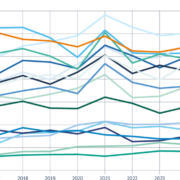 VFA
VFA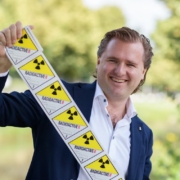 Van Overeem Nuclear BV
Van Overeem Nuclear BV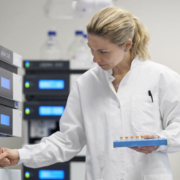
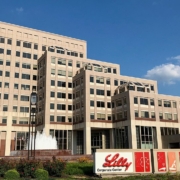 Momoneymoproblemz - wikimedia
Momoneymoproblemz - wikimedia San Antonio Breast Cancer Symposium
San Antonio Breast Cancer Symposium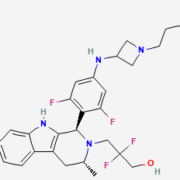 PubChem
PubChem adobe stock photos - deemerwha
adobe stock photos - deemerwha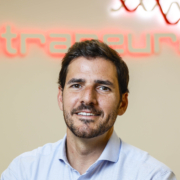 Tetraneuron SL - Álvaro García
Tetraneuron SL - Álvaro García Cellular Origins Ltd
Cellular Origins Ltd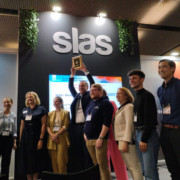 SLAS
SLAS